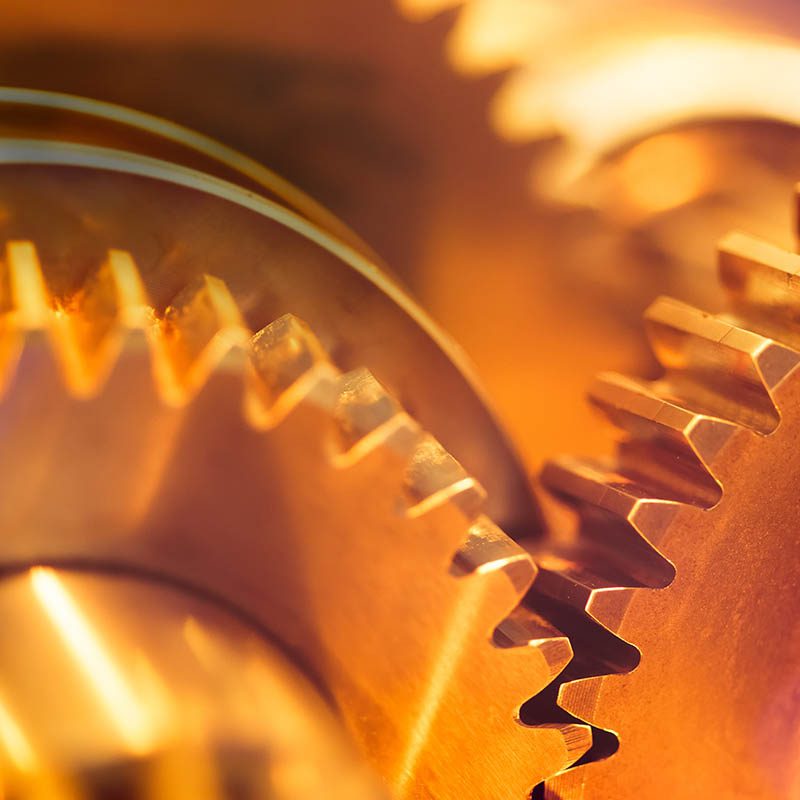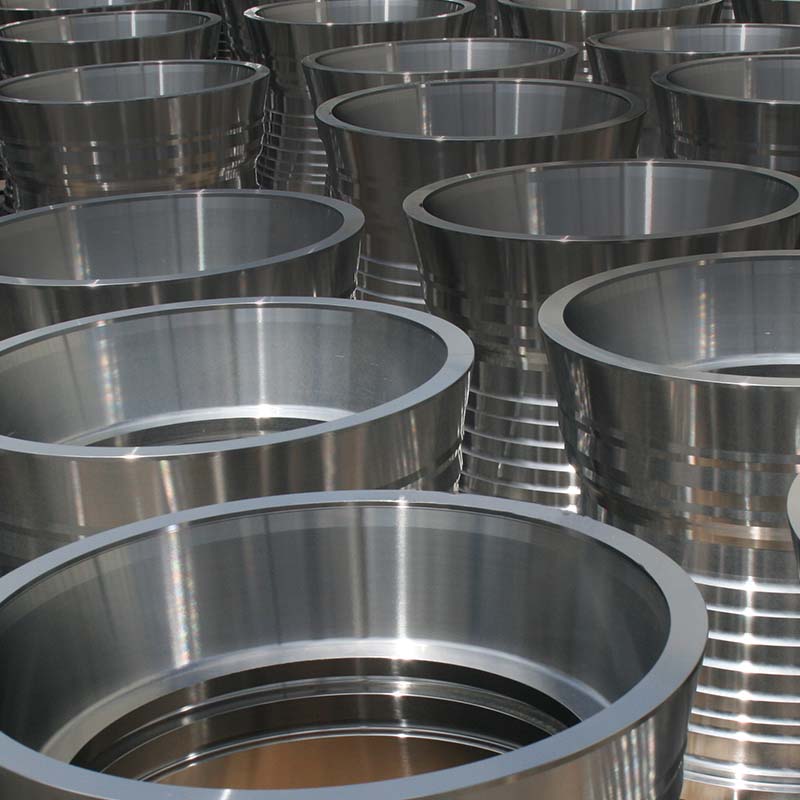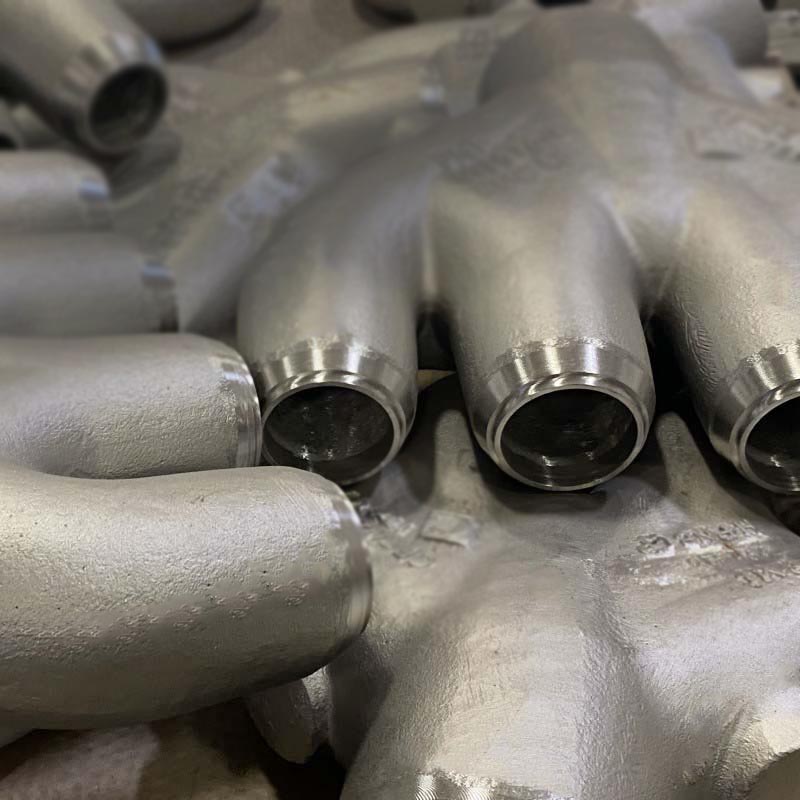Overview
440C is a high-carbon martensitic stainless steel renowned for its exceptional hardness and wear resistance. When fully hardened and stress relieved, it ranks among the hardest stainless steel grades, making it exceptionally resistant to abrasive wear and ideal for applications involving friction and sliding contact. This hardness is attributed to its high carbon content and the presence of hard carbides in its microstructure. While offering good corrosion resistance thanks to its chromium content, 440C requires careful handling during welding, including preheating and post-weld stress relieving, to prevent cracking. This magnetic alloy is machinable in its annealed condition, making it suitable for applications demanding a combination of hardness, wear resistance, and moderate corrosion resistance.
Typical Uses
Valve components, pump parts, shaft sleeves, and bearings.
MetalTek Designation
MTEK 440C
Poured At:
Carondelet Division, Sandusky International Division, Wisconsin Centrifugal Division, Wisconsin Investcast Division
Similar Specifications
Cast UNS: J91639
Wrought UNS: S44004
Wrought Grade: 440C
Cast Grade: 440C
Military/AMS: AMS 5352
* AMS specifying investment casting.
Typical Chemical Composition (% by wt.)
Aluminum: n/a
Carbon: 0.95-1.20
Chromium: 16-18
Manganese: 1
Iron: BAL
Copper: n/a
Nickel: 0.75 MAX
Lead: n/a
Tin: n/a
Silicon: 1
Zinc: n/a
Other: Mo 0.25-0.75
Minimum Mechanical Properties
Heat Treatment: Anneal
NOTES: Brinell value is MAX.
Frequently Asked Questions
Martensitic steel is a magnetic stainless steel that is heat-treatable and used for applications requiring high hardness.
Martensitic steel is used in chemical and food processing equipment, impellers, turbine engine components, and wear-resistant parts where hardness and strength are critical.
Austenitic steel is non-magnetic, corrosion-resistant, and ductile. Martensitic steel is magnetic, harder, heat-treatable, and more wear-resistant but less corrosion-resistant.
Martensitic steel offers high hardness, wear resistance, and strength after heat treatment, ideal for demanding mechanical applications.
Yes, martensitic steel can be heat treated through quenching and tempering to increase hardness and mechanical performance.
Yes, martensitic stainless steel is magnetic due to its body-centered tetragonal (BCT) structure after quenching.



